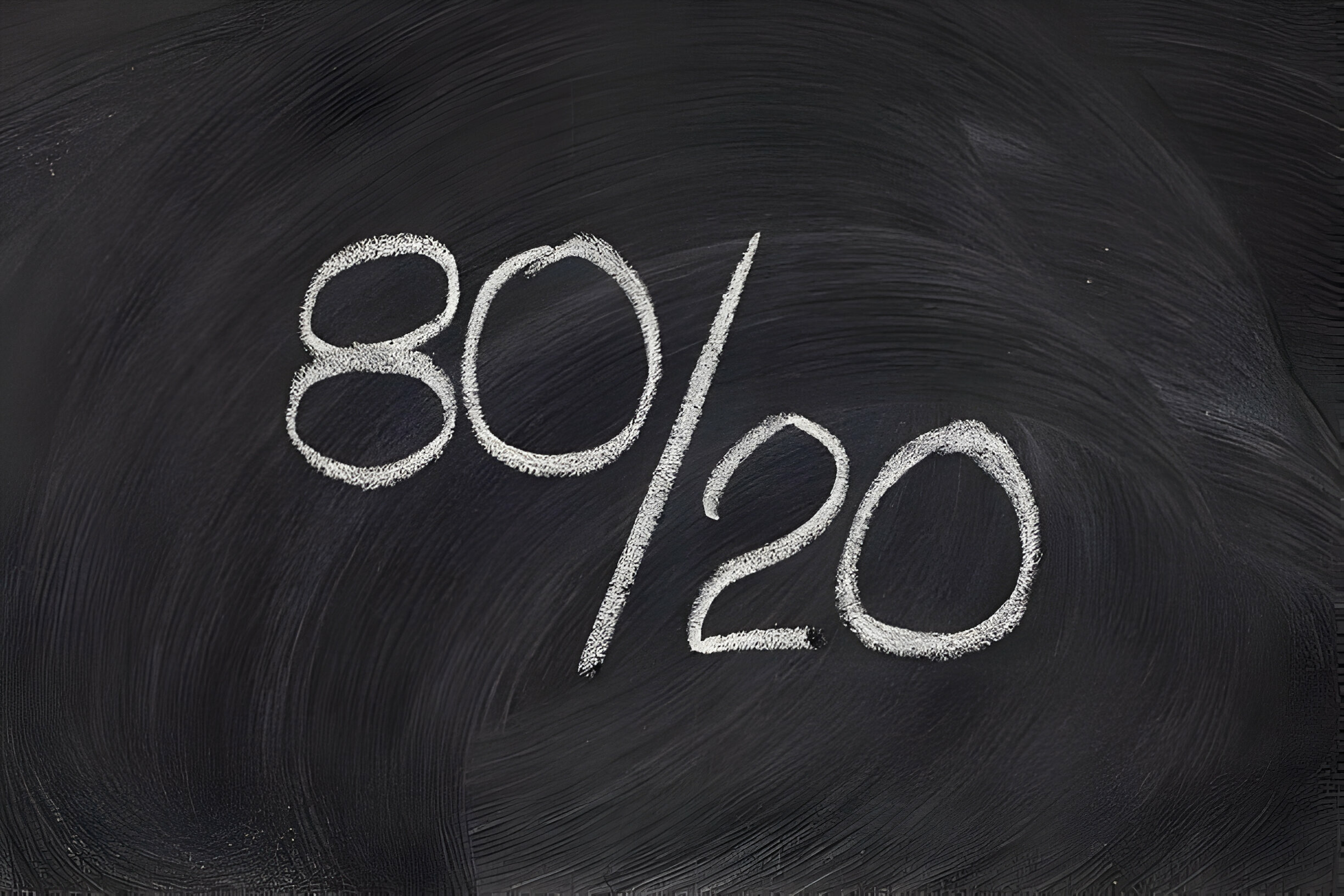
In my psychology practice, I have discovered that people can assess relationship compatibility with their partner through a deliberate approach. I formulated the “80-20 rule”—a practical framework aimed at helping individuals evaluate the suitability of their partners.
This process involves listing essential qualities of your partner that are most important, assigning point values based on importance, and determining whether there is an 80 percent alignment (which I believe is the benchmark for compatibility.).
Here is an example of how one client (who we will call Amanda) applied the 80-20 rule to her husband (Scott). Amanda identified specific attributes that are important to her, along with the point value of each attribute. All potential points must add up to 100 for this rule to work.
Assigning points to these qualities, with a total of 100, facilitates a structured compatibility assessment. The 80-20 rule suggests that a partner scoring 80 points or more indicates a solid foundation. The remaining 20%, representing differences, serves as a reminder that perfection is unrealistic. Recognizing that not every quality will be a perfect match allows individuals to approach the 20% gap with realism. Ultimately, it’s normal to like only some aspects, making communication and collaboration essential for addressing concerns and fostering mutual understanding.
What if a partner scores less than 80 points in the 80-20 rule?
After meticulously listing down qualities and assigning point values, the critical moment arrives. If your partner scores less than 80 points, it’s time to consider the implications and potentially reassess the relationship. While no relationship is perfect, a score below 80 suggests that the foundational aspects crucial for a healthy and fulfilling partnership may be lacking.
The 80-20 rule provides a practical framework for individuals seeking clarity in their relationships. This rule encourages a nuanced approach to compatibility assessment by considering essential qualities and assigning point values. Embracing imperfections, communicating openly, and working collaboratively to address differences contribute to a thriving and resilient relationship. Remember, the 80% alignment is a solid foundation, and the 20% disparity is an opportunity for growth and understanding.
Your fulfilling life might be just a FREE consult away. Book now!